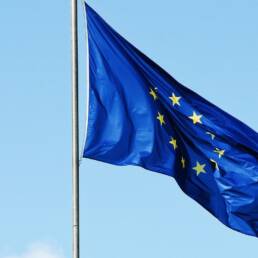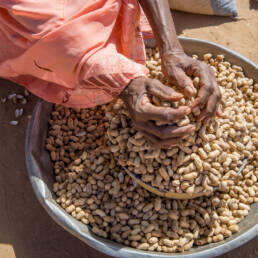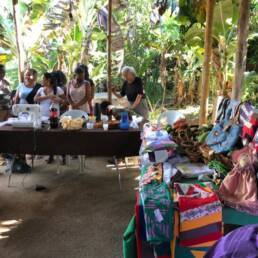The Sustainable Development Goals (SDGs) are an integrated set of goals and targets agreed by the United Nations (UN) under the 2030 Agenda for Sustainable Development that officially came into force on January 1st 2016. They represent the new global development framework that will guide policy and practice at national, regional and global levels until 2030.
There are 17 SDGs and 169 targets that cover a broad range of issues including education, equality between men and women, healthcare, social protection, migration, peace and justice, oceans, forests, sustainable agriculture, climate change, decent jobs and economic development. They are likely to have significant influence on a country’s policies and resource allocation on social, environmental and economic issues, as well as donor priorities and funding. The SDGs follow the Millennium Development Goals (MDGs) that were effective in coordinating efforts against poverty and exclusion in developing countries. But the SDGs go beyond the MDGs. They attempt to bring about transformation and tackle the root causes that generate economic, social, political and environmental problems, not merely the symptoms. Governments are accountable for delivering the SDGs. They need to align these with their national plans and strategies. NGOs are to hold governments and institutions accountable or push for more ambitious policies, and are also key stakeholders in the implementation of policies and programmes.
The 2030 Agenda includes four transformational principles that tell how to pursue development differently: a) a universal agenda applicable to all countries, not only developing countries, b) to integrate environmental protection, social and economic justice, human dignity and human rights to eradicate poverty, c) to promote widespread participation of all state and non-state actors, d) and tackle inequality and promote inclusion with a focus on Leave No One Behind – meaning to reach the furthest behind first, which is at the heart of Catholic Social Teaching.
More information
Luísa Fondello
International Cooperation Officer
Tel: +32 (0)2 235 03 93
lfondello@caritas.eu




